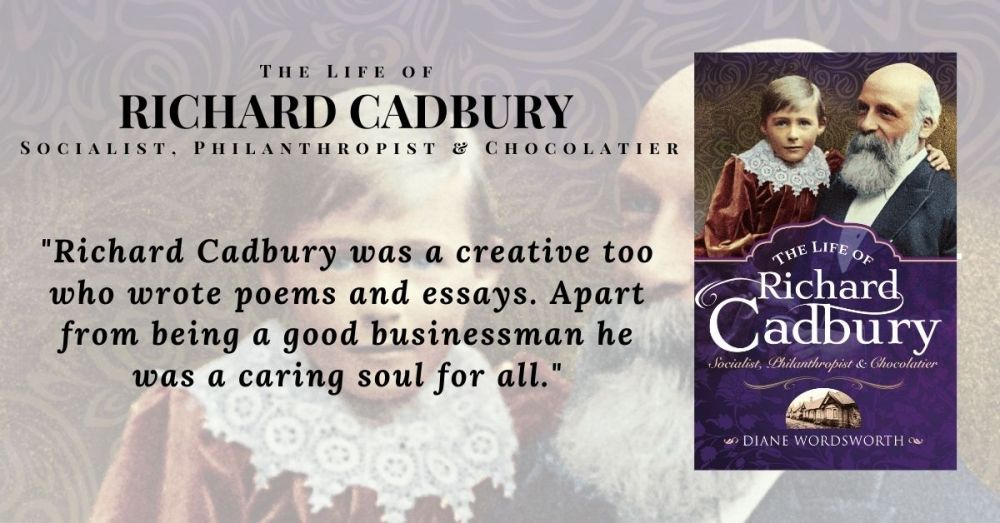
… diversify.
Looking back at 2020, a lot of us have seen major changes. I think lockdown was the biggest challenge for many.
For people like me, who work from home and hardly see anyone from one day to the next, lockdown wasn’t that big a deal.
I had the poet home with me while he was furloughed, and since furlough ended, he’s been encouraged to work from home whenever possible. And that’s been really nice.
At our old house, where we still lived during the first 3-month lockdown, we shared an office. And having him working at the desk opposite was a refreshing change for me.
Since we moved, in September, our offices have been on different floors, due to the layout of the new house. But where we can, we still go and sit in the office of the person who can’t do their work on the go.
Usually, that’s me taking reading or hard-copy editing or writing with me up to his office/studio. (There are two easy chairs in his studio.) But sometimes it means he can sit and work on his laptop in the armchair in my office.
I still didn’t see anyone else from one week to the next, other than at the supermarket. We still didn’t have any visitors to the house. And we still don’t have any neighbours who pop across to make sure we’re okay.
But that’s fine for me. I’m used to it.
Where I did notice a negative difference was with work dropping off. Either clients simply disappeared off the face of the earth, never to be heard from again, or contracts were ended. Some clients vanished for a while but fortunately came back.
And if the work didn’t drop off, if I kept working, the money was much slower coming in.
The way I dealt with some of this was to diversify. I’m quite good at adapting to suit things. For example, when I started writing, back in 1985, the idea was to write a novel.
Very early in my writing career, I was advised to start short and build up experience. And so I started to write for magazines. I wanted to write short stories, but the way I got into magazines was to write articles first.
Oh, and by the way, I never, ever wrote an article without selling it first. I never ever worked for free. Part of my broadcast journalism training in 1997 required me to do work experience, in a radio studio and on two newspapers, one of them a community newspaper. But other than that, I’ve always been paid for my work. Always.
After editors started to see my name in other magazines, including a monthly column in a writing magazine, they started to come to me for articles. And they started to accept my short stories.
One magazine even asked me to write some short stories just for them (although I did, of course, retain copyright).
During earlier periods of self-employment, when I was first starting out on my own, I also taught creative writing. And my creative writing classes led to me teaching computer literacy. I taught creative writing for a distance learning college too.
Since 1998, I’ve added editing to my repertoire, and since 2011, proofreading. It all keeps the money flowing. It keeps me in the business. And it keeps me self-employed.
And so I have always diversified and adapted.
Ah yes, and I finally wrote my first novel in 1996. It took me three months and I was working full-time too, in a day job.
This year, after losing a few clients and following a reduction in income, I asked one of my editing clients if I could have a go at writing one of his novels. His publishing company specialises in ghostwritten pulp fiction.
Aside from corporate stuff and a stint writing for one of my regular magazine clients as three different people, I’d never, ever done any ghostwriting. So I read up on it, and I studied the kind of thing my client was giving to his writers, and I decided I’d quite like to give it a go.
And he was happy to let me. He even paid me slightly more than he usually pays new writers. Not yet his top whack, but more than his advertised rate.
Then for seven weeks, across October and November, I ghost-wrote one of his shorter novels, a 60,000-word Regency romance plus a bonus 3,000-word short story. (Those who know me know I’m not a massive romance writer.)
He paid me promptly, once a fortnight, and we very quickly discussed whether or not we’d like to try it again. And we’re going to do it again in the new year.
So, looking back at this horrendous (for many) year, I’m quite proud of the fact that I managed this new (to me) discipline, and successfully too.
Over to you …
What is the biggest positive that YOU have managed to take from 2020? Answers in the comments below.





My biggest positive is to re-evaluate what is the most important thing(s) in my life. Definitely family and friends, which are so easy to lose touch with, busy lives etc.
This year I have reconnected with friends from school and college, many of whom I’ve not communicated with for nearly (gasp!) fifty years!
It’s been truly magical, re-living memories, learning about different lives and making up for lost time…
Sounds great!